Choosing Your Words Carefully
By Stu Leventhal
learn quickly the power of wise, word usage. Speach Givers, Clergymen, Comics and of course advertisers toil over word and phrase choice.
Knowing what you wish to say is just the beginning. Now, you need to pick the best, most effective way to say it.
Think about this; you probably would not speak with your friends using the same tone, style and words as you would use when talking to your boss, even if you were trying to communicate the exact same message.
The top writers, know how to present their messages so that their ideas leave an impression.
The moral of your story is why you are telling the tale. The moral is your lesson that you wish your readers to take away after they are done reading your piece.
Most of us do not just write to write because writing is time consuming. Important stuff gets written down.
If we trust our neighbor, we can seal a deal with just a handshake, nothing's written down. We write up a contract that we each are going to sign when we are agreeing to something that is important. The written agreement is to assure each party understands the terms they are agreeing to with little chance for one party misinterpreting or forgetting the terms.
When you have a good reason for spinning a yarn, there is probably going to be a moral to the story. The way you expose your story's moral makes all the difference.
The challenge isn't in stating or revealing your tale's moral but in regulating what emotional response you are going to get when your reader or listener finally realizes what you have been trying to teach them.
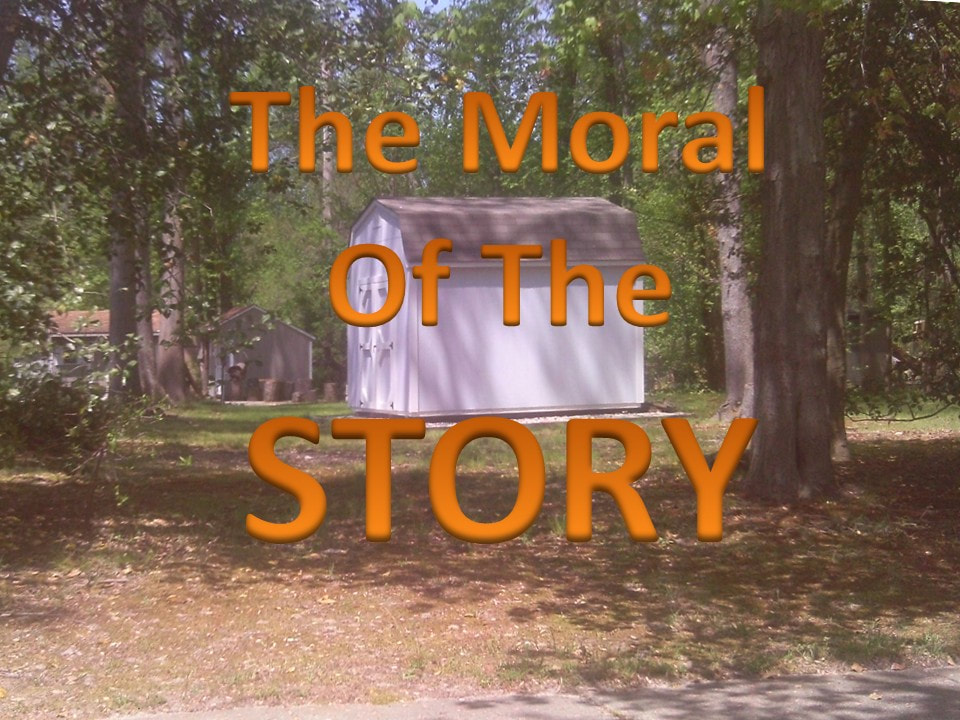




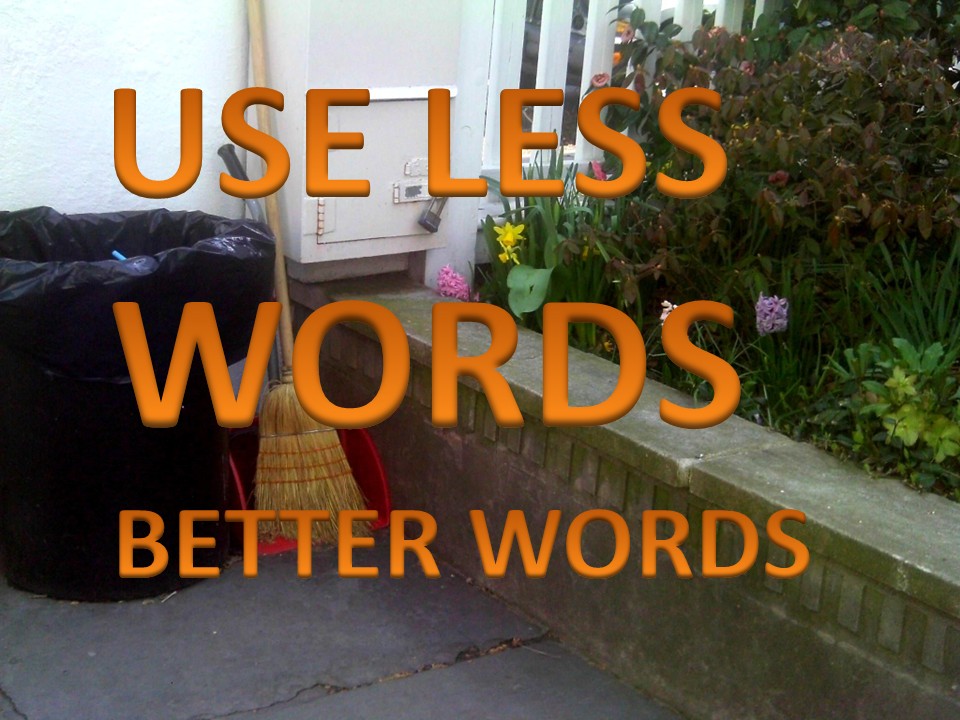






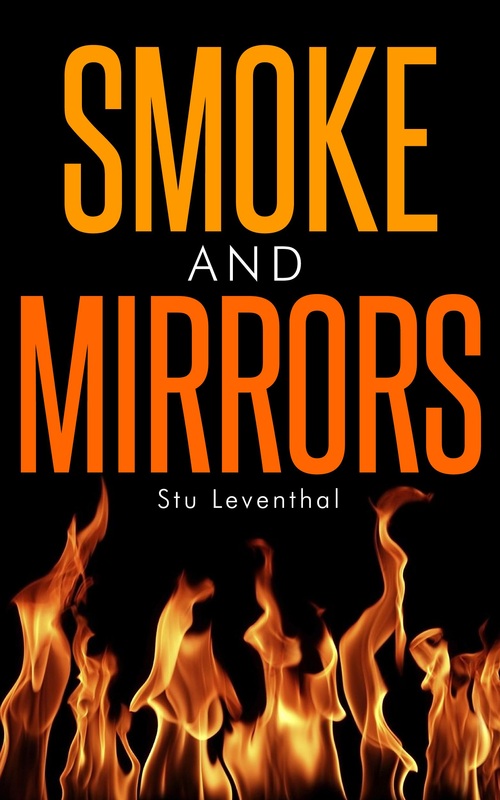

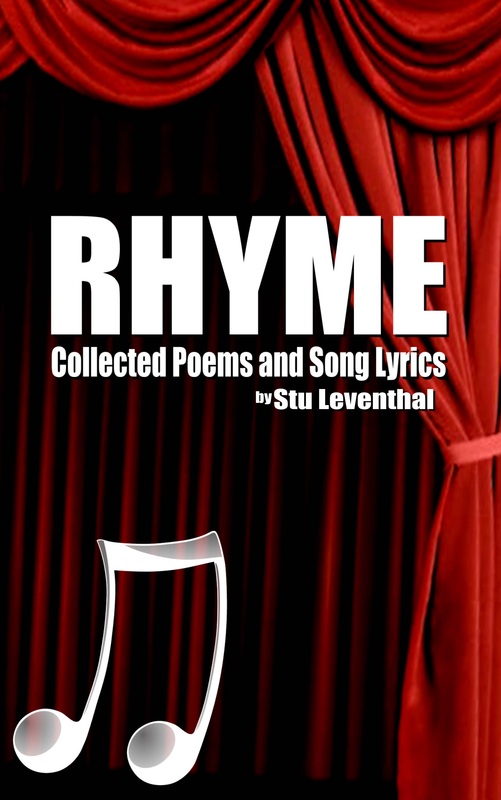

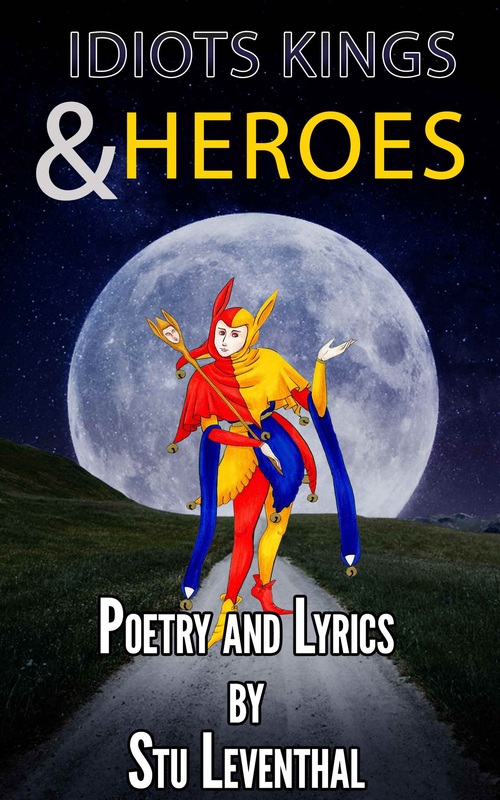




 RSS Feed
RSS Feed
